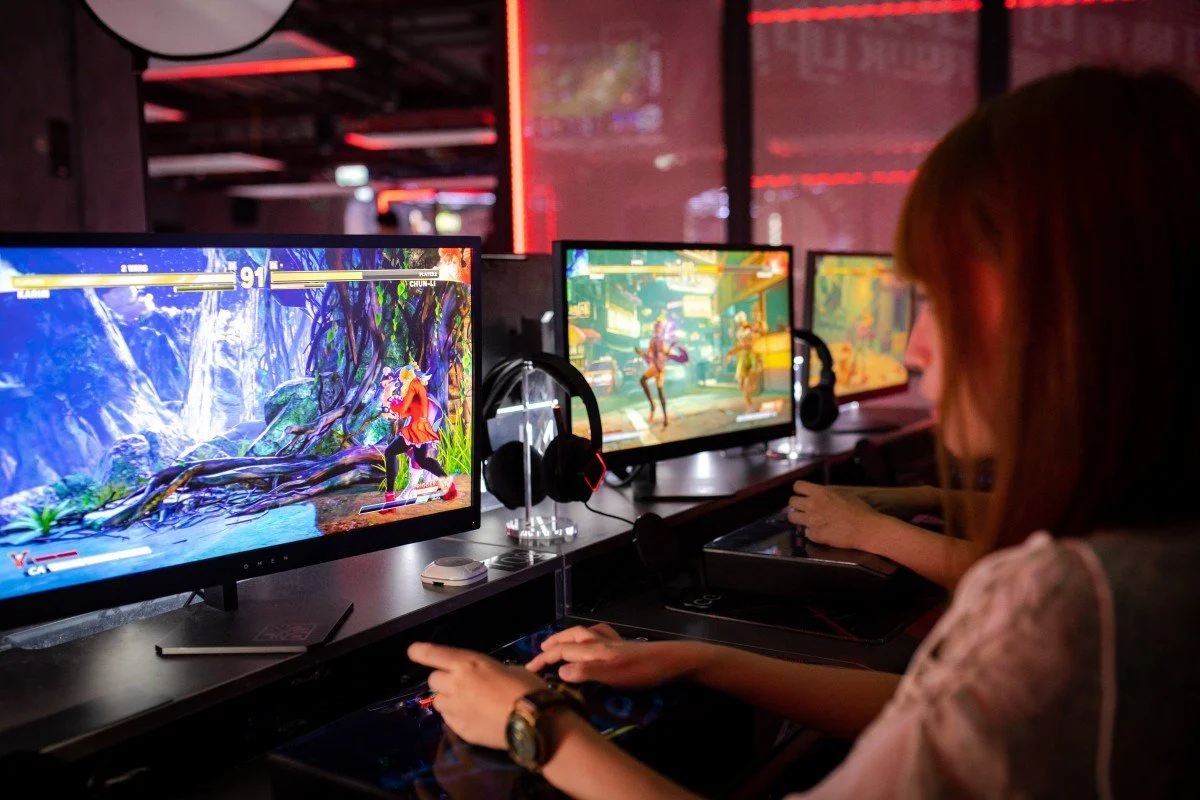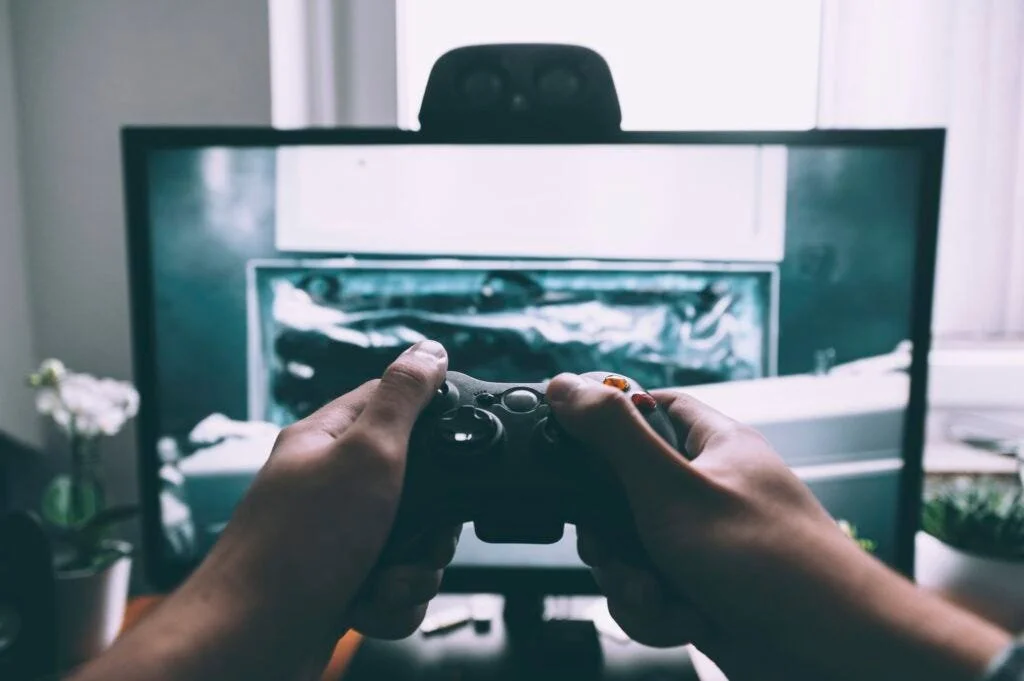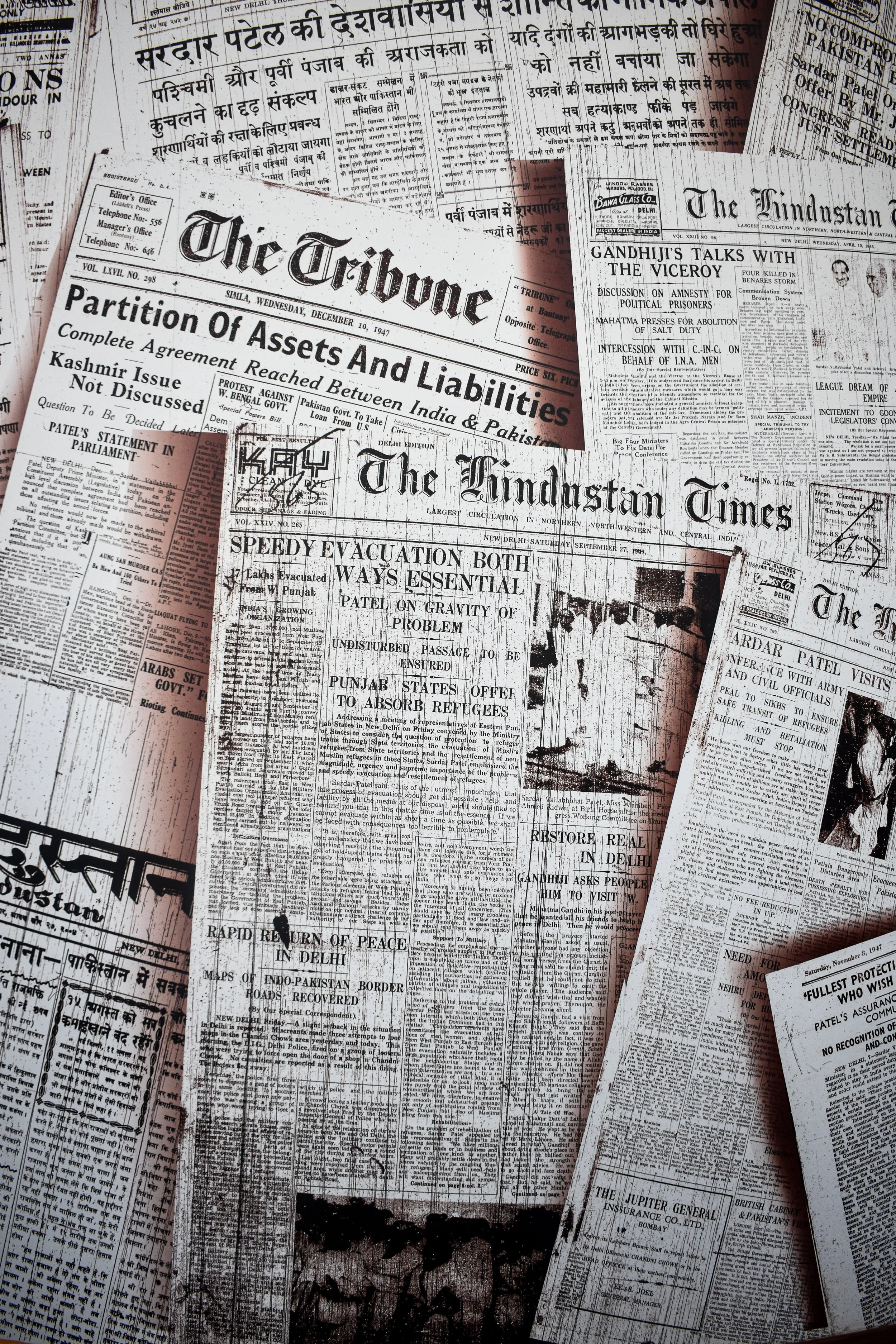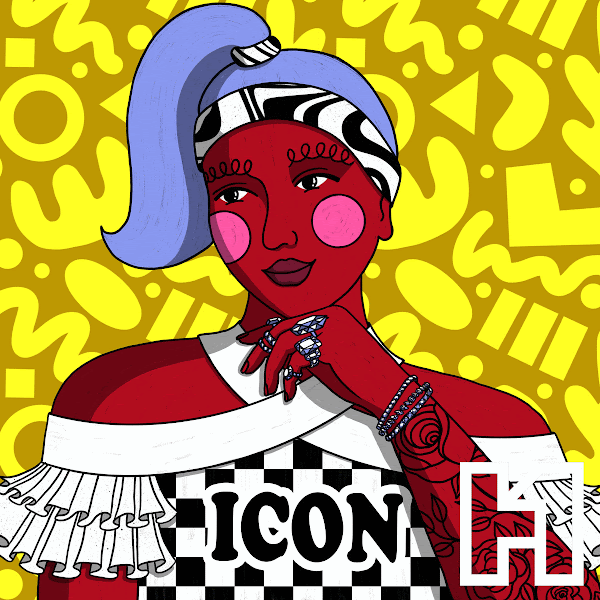July has been a whirlwind of a month at the intersection of art and technology. From possible successful legislation on data privacy in the US, to the Italian government putting its foot down on NFT sales, or just an AI making uncanny valley art that is starting to get a little too real, a lot has happened in the world. The spread of articles below give a glimpse into a small portion of the interesting events that have occurred this month!
The Monopoly Game: How Consolidation Jeopardizes Content Independence in Gaming
Throughout my tenure as Chief Editor of Research at AMT Lab, I have focused on the benefits of the gaming industry for nonprofits, as well as the monopolistic tendencies and battles of Big Tech, specifically regarding arts and entertainment. Recently, these two worlds have collided, as a wave of consolidation in the gaming industry has raised a new set of antitrust concerns across the globe. In the center of it all? None other than Microsoft, a Big Tech giant that has evaded the antitrust spotlight over the past few years – until now. Due to the expanding value of the video gaming industry at over $300 billion, mergers and acquisitions seemed an obvious destiny bound for the trials and tribulations of antitrust litigation. Microsoft has successfully inserted itself into the gaming industry, incited the largest wave of consolidation that it has ever seen, and merged its dominant position in the sector with its Big Tech-skewed Metaverse goals.
NFTs: Digital Renaissance or Death Knell of Traditional Art?
The hype around non-fungible tokens (NFTs) seems to be reaching a fever pitch. With news of certain digital art pieces selling for tens of millions of dollars and conjecture about what utility these tokens may have outside of the art world, for better or for worse, Web3 has arrived. These technological developments are not just demonstrating a technological evolution, though. They are also creating massive disruption across the visual art industry. The advent of NFTs is spurring a digital r
Music Piracy Through NFTs: Copyright Infringement in the Age of Blockchain
NFTs, or non-fungible tokens, have gained massive popularity in recent years, touching industries from fashion to video games. NFTs occupy a unique space under copyright law, but are subject to the basic rules other art forms are. The law protecting digital assets, the Digital Millennium Copyright Act (DMCA), was passed in 1998 before NFTs were prevalent. The DMCA allows any artist to request a work be taken down if it is something they have ownership over and did not authorize its publication. This extends to artists with any ownership stake, whether they are a singer-songwriter with sole ownership over a song, or a whole team of writers and producers. While NFTs have the potential to benefit musicians, the music industry has fallen victim to the copyright issues NFTs present. Music industry professionals should understand the vulnerability of their work and consider monitoring NFT marketplaces to get ahead of being victims of copyright infringement.
“Pinkwashing” NFTs: Risks and Opportunities
Deemed as a white, male-dominated space, many female artists and celebrities have voiced their enthusiasm for inviting more women into the Web3 movement. While many NFT projects focus on education, philanthropy, and providing visibility for women creators, some have been criticized for using social justice issues as selling points, undermining their risks and actual contribution to the cause. Is NFT an outlet for women to express and achieve financial independence, or is it another “tokenizing” marketing gimmick to exploit female audiences? What are some of the risks and opportunities with “pinkwashing” the NFT market?










